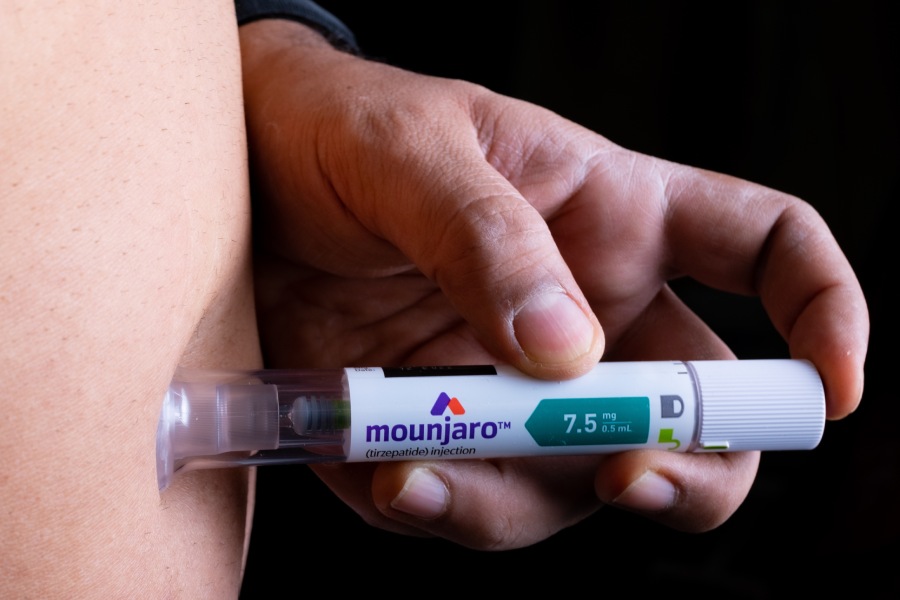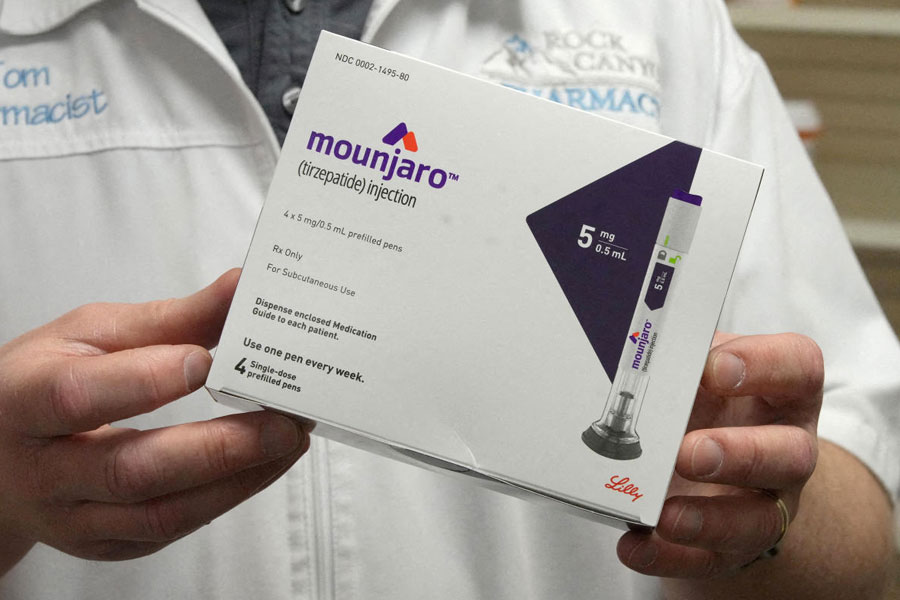Filmmaker Hansal Mehta’s recent X post created a stir, not for the announcement of a new film, but for starting a candid conversation on health, stigma, and science. Mehta revealed that, under medical supervision, he had begun taking Mounjaro (tirzepatide) to manage rising blood sugar levels and weight. A thoughtful, transparent narrative followed about embracing medical help without shame.
“Under medical guidance, I began Mounjaro to address rising blood sugar levels in the pre-diabetic range and to manage my steadily increasing weight. In just a few months, I’m down nearly 10 kilos... my blood sugar readings are now well within the normal range,” Mehta wrote.
Mehta’s post went beyond numbers. It called into question the secrecy and shame around weight-loss medication, which is often met with scepticism and ridicule.
“There’s an unnecessary stigma around these new medications. There’s no shame in taking charge of your health with the tools available — especially under supervision,” said the filmmaker, who is known for films like Scoop, The Buckingham Murders and Aligarh.
‘Not a quick fix, but a lifestyle overhaul’

After trying Ozempic without success, Mehta’s doctor recommended Mounjaro — a dual-action drug targeting both GLP-1 (glucagon-like peptide 1) and GLP (glucagon-like peptide) receptors for enhanced insulin regulation and appetite control Shutterstock
Speaking to My Kolkata, Mehta explained that the decision wasn’t about shortcuts. It stemmed from a holistic approach paired with trusted medical advice. “I’ve always believed that under sound medical advice, one should do what’s best... I wanted to change the reluctance to share information,” he said.
After trying Ozempic (semaglutide) without success, his doctor recommended Mounjaro — a dual-action drug targeting both GLP-1 (glucagon-like peptide 1) and GLP (glucagon-like peptide) receptors for enhanced insulin regulation and appetite control. “Every individual responds differently. For me, Mounjaro worked. But none of this works in isolation,” he said.
Mehta also embraced strength training, intermittent fasting, high-protein eating, and reduced sugar and alcohol intake. “I no longer obsess over the weighing scale. I go by how I feel,” he added.
What is Mounjaro, and how does it work?

Mounjaro, developed by Eli Lilly, is an injectable medication approved for type 2 diabetes Shutterstock
Mounjaro (tirzepatide), developed by Eli Lilly, is an injectable medication approved for type 2 diabetes. Its unique dual-action mechanism sets it apart from older drugs like Ozempic. It mimics both GLP-1 and GLP hormones to improve insulin secretion and reduce appetite.
“Mounjaro is life-changing because it tackles both elevated sugar and weight-centric issues in type 2 diabetes. Patients can lose up to 22% of their body weight,” said Kalyan Kumar Gangopadhyay, endocrinologist at CMRI Hospital, Kolkata.
Clinical trials have shown dramatic results, especially when paired with consistent lifestyle changes. Though FDA-approved for diabetes, it is being evaluated for broader obesity treatment.
Promise, with precaution: What doctors advise

Nausea, vomiting, and abdominal discomfort are common side effects of tirzepatide Shutterstock
Semanti Chakraborty, endocrinologist at Woodlands Hospital, highlighted both the promise and complexity of tirzepatide. She elaborated, saying, “It suppresses appetite and delays gastric emptying... We screen patients carefully — it’s not for everyone.”
Side effects like nausea, vomiting, and abdominal discomfort are common. Thorough screening — including thyroid and pancreatic checks — is crucial. But cost remains a barrier. For Rs 3,200-Rs 4,500 per weekly dose, access is limited. “It’s a long-term therapy, and affordability is a real concern,” she said.
Tirzepatide is not advised for those under 18 or individuals with certain pre-existing conditions. Caution is also urged with older adults due to limited long-term data.
The stigma around medication
Mehta also aimed at the silence and misinformation surrounding such therapies. “I know people who take Mounjaro, but publicly say, ‘I eat 24 eggs a day.’ That’s harmful. Medical progress should be embraced, not hidden.”
In India, where over 101 million adults have diabetes and 136 million have pre-diabetes, his transparency marks a shift in public discourse. “We’re in the midst of an obesity pandemic. Why gatekeep a medically supervised tool that can help?” asked the filmmaker.
Beyond the hype: A sustainable health journey
Mehta insisted that there is no miracle cure. His story is about sustained change, not shortcuts. “This is a holistic journey. I’ve stopped Metformin [a diabetes drug] for now, but that doesn’t mean the work stops,” he said.
It’s a sentiment echoed by experts. “With Mounjaro, we have a sound, evidence-based tool — especially for patients who haven’t responded to diet and exercise alone. It’s not a miracle, but it is progress,” said Gangopadhyay.


